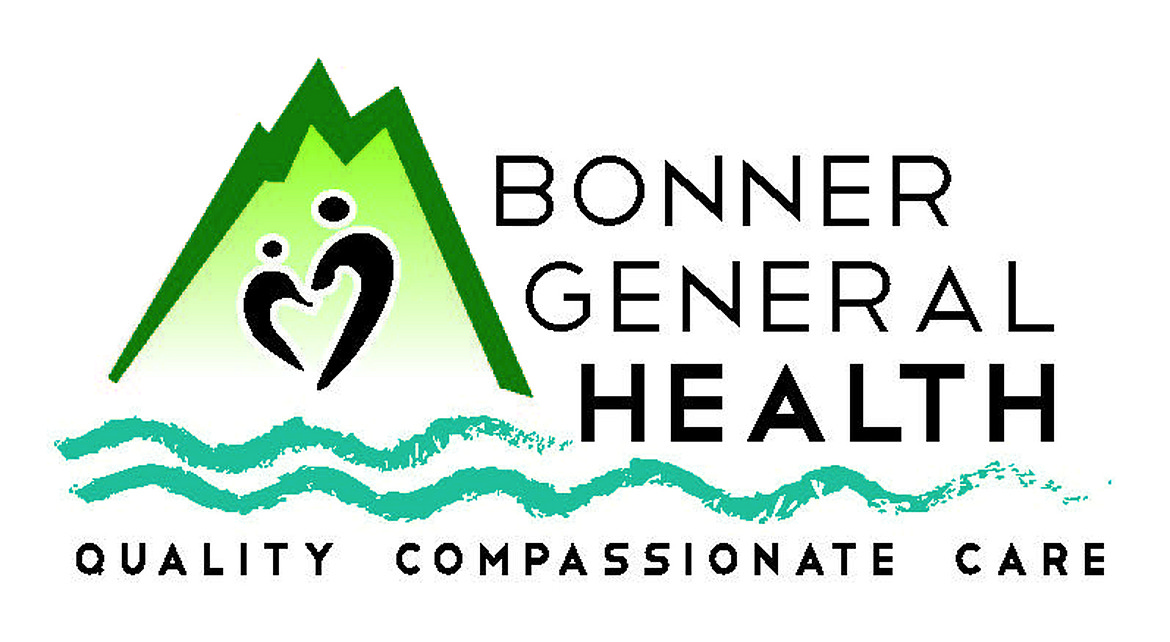Let’s talk about unusual diabetes symptoms
Diabetes is a group of health conditions that impairs how your body processes sugar for energy. They include Type 1, Type 2, and gestational diabetes. If left untreated, diabetes can result in a multitude of complications, so it’s crucial that we all know the warning signs.
The symptoms we hear about most often are sometimes called the three polys of diabetes. They are polyuria which is frequent urination; polydipsia which is increased thirst, and polyphagia which is an increased appetite due to loss of glucose and fluids because of increased urination.
Fatigue and unexplained weight loss are also on the common list. And, add blurry vision, tingling hands or feet, and dry, itchy skin. There are more, but we’ll start with those.
According to Medical News Today, there are five signs of diabetes that are often overlooked. You should be aware of them because “recognizing symptoms early on can be key to successfully treating and managing the condition.”
“For example, diabetes can result in the development of dark patches on the skin, particularly in skin folds, such as the back of the neck, armpit, and groin. High blood sugars can also cause other skin conditions, such as diabetic dermopathy (small lesions or spots most often found on the shin), and eruptive xanthomatosis (small harmless bumps that resemble a rash or hives),” MNT says.
Elevated blood sugar levels can also affect your ability to heal. Wounds that are slow to heal, or unable to heal are often the result of high blood sugar levels impairing white blood cells which play a critical role in your immune system.
“High blood glucose may affect circulation and lead to nerve damage,” MNT says. “Poor circulation can slow healing as it makes blood move more slowly, which can make it difficult for the body to deliver nutrients to wounds. Due to nerve damage, a person may not notice the wound and be unable to care for it properly,” they explain.
If you often experience urinary tract infections or yeast infections, you should have your blood sugar tested as increased infections can be a sign of diabetes. Diabetes causes the weakening of your immune system which allows infections to develop more quickly.
Check your breath. MNT says that we commonly blame breath odor on bad dental hygiene or salami and onion sandwiches, but fruity breath can be a sign of diabetes, more commonly type 1.
“A fruity scent on the breath is typically a sign of diabetic ketoacidosis. This term refers to when the body is unable to get energy from glucose, so instead, it initiates a state of ketosis and begins to burn fat for fuel.
“When the body is unable to produce or effectively use insulin, blood glucose levels rise. This is because insulin is responsible for allowing glucose in the blood to enter cells so they can use it as energy. Without insulin, the body instead uses fat for energy, releasing acidic byproducts known as ketones.
“Acetone is a type of ketone, which is the fruity-smelling substance commonly found in some nail polish removers. If a person has fruity breath, this could suggest high levels of ketones in their blood due to diabetes. When the body produces too many ketones too quickly, they can build up to dangerous levels in the body and cause serious complications,” MNT explains.
You also need to know that high blood sugar levels can damage your eyes. MNT says that it “can damage small blood vessels present in the eye and cause them to weaken and bulge. This can result in these delicate blood vessels leaking blood and other fluids, which may lead to swelling that can distort vision.”
A little over eleven percent of the population, or 37.3 million Americans have diabetes while 96 million people over the age of 18 have been diagnosed as prediabetic. One assumes these people are trying to get this disease under control.
But 8.5 million people are undiagnosed. If you think you may be one of them, please contact your primary care provider today. BGH Family Clinic is accepting new patients. Call 208-265-2221 for an appointment.
Kathy Hubbard is a member of Bonner General Health Foundation Advisory Council. She can be reached at kathyleehubbard@yahoo.com.



